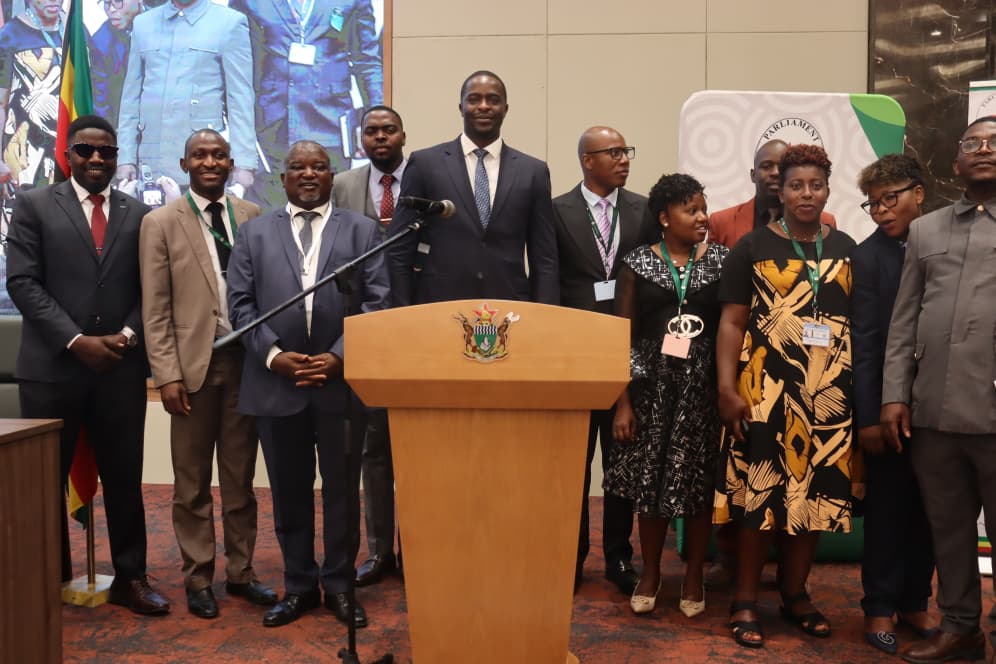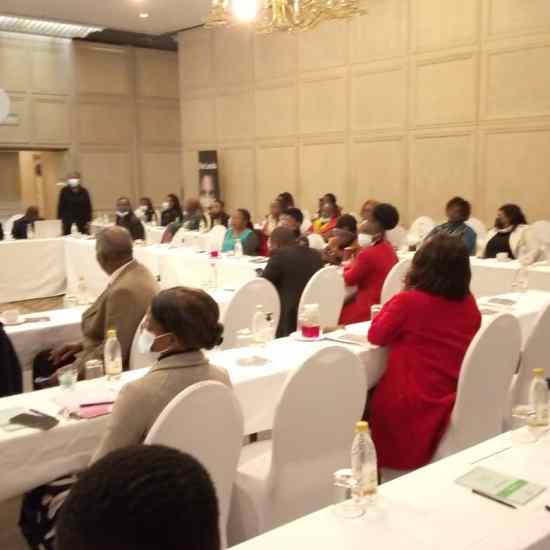
By Elishamai A. Ziumbwa
Youth leaders have urged government ministries to take their proposals seriously during this year’s Youth Inclusive Budget Conference warning that the event risks becoming a talk shop without concrete follow-up.
The two-day meeting, hosted at Zimbabwe’s new Parliament building by the Parliamentary Youth Caucus in partnership with the Zimbabwe Institute and other organisations is running under the theme “Empowering the Young Drivers of Economic Growth and Transformation for Sustainable Development to Deliver Vision 2030.”
Belinda Ncube, Operations and Programmes Manager at the Zimbabwe Institute said youth engagement in the process had grown dramatically.
“Last year, 500 applied. This year, over 2,000. That tells us young people are eager to engage with policy, but the system must respond accordingly. We have held pre-planning sessions to teach young people the language of budgeting so their contributions can be effectively considered by ministries,” she told delegates.
But some participants stressed that meaningful action must follow the discussions.
“This is a powerful space, but without proper follow-up, it risks becoming another photo opportunity. The real impact lies in whether ministries actually take up the proposals made here,” said Midlands youth leader Nkosilathi Moyo.
Manicaland legislator Stanley Sakupwanya called for a constitutional approach citing Section 24 of Zimbabwe’s Constitution which obliges every ministry to address youth issues in fiscal planning.
“It’s not enough for the Ministry of Youth alone to handle youth affairs because youth concerns must be reflected in the priorities of every government department, from health to transport to education,” he said.
He pointed to drug and substance abuse, entrepreneurship, girl child empowerment, access to sanitary wear and funding for non-mainstream sports as pressing issues.
Sakupwanya also praised government efforts including the creation of a Drug Task Force and the recent ban on illicit brews under Statutory Instrument 62 of 2025.
The conference aims to prepare young people for the upcoming national budget consultations where they are expected to push for stronger accountability and genuine inclusion in shaping the country’s economic future.








